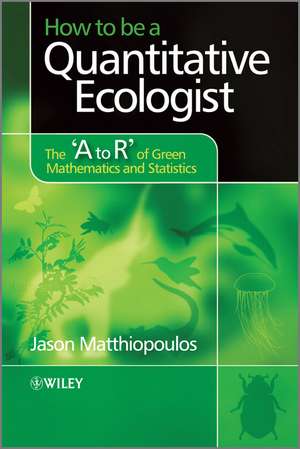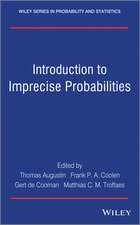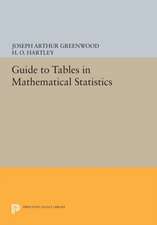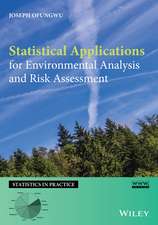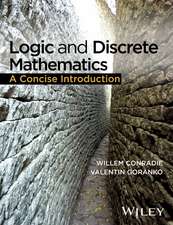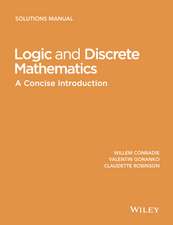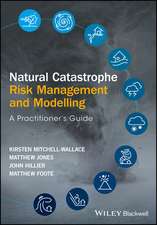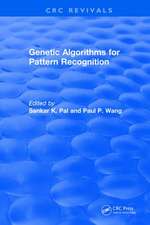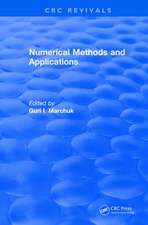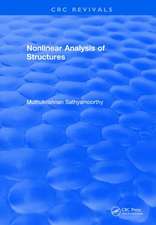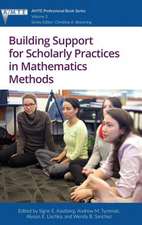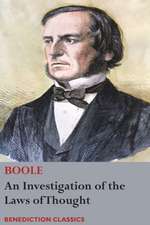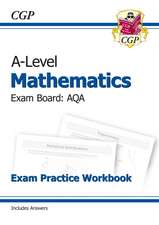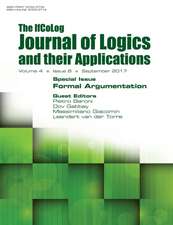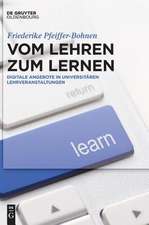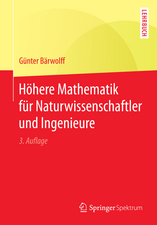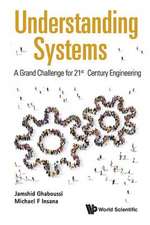How to be a Quantitative Ecologist – The ′A to R′ of Green Mathematics and Statistics
Autor J Matthiopoulosen Limba Engleză Paperback – 17 apr 2011
| Toate formatele și edițiile | Preț | Express |
|---|---|---|
| Paperback (1) | 452.78 lei 43-57 zile | |
| Wiley – 17 apr 2011 | 452.78 lei 43-57 zile | |
| Hardback (1) | 890.89 lei 43-57 zile | |
| Wiley – 17 apr 2011 | 890.89 lei 43-57 zile |
Preț: 452.78 lei
Nou
Puncte Express: 679
Preț estimativ în valută:
86.64€ • 90.69$ • 72.11£
86.64€ • 90.69$ • 72.11£
Carte tipărită la comandă
Livrare economică 31 martie-14 aprilie
Preluare comenzi: 021 569.72.76
Specificații
ISBN-13: 9780470699799
ISBN-10: 0470699795
Pagini: 490
Dimensiuni: 170 x 244 x 26 mm
Greutate: 0.82 kg
Ediția:New.
Editura: Wiley
Locul publicării:Chichester, United Kingdom
ISBN-10: 0470699795
Pagini: 490
Dimensiuni: 170 x 244 x 26 mm
Greutate: 0.82 kg
Ediția:New.
Editura: Wiley
Locul publicării:Chichester, United Kingdom
Public țintă
Biologists who need an introduction to mathematical and statistical concepts and the use of R, p racticing researchers in ecology who want to refresh or formalize their basic quantitative skills, s enior undergraduate studentsCuprins
Notă biografică
Jason Matthiopoulos, Lecturer in biology (University of St Andrews). He is a senior researcher in the Sea Mammal Research Unit and member of the Centre for Ecological and Environmental Modelling.
Descriere
How to Be a Quantitative Ecologist is comprised of two equal parts on mathematics and statistics with emphasis on quantitative skills. A major component of this guide is computer implementation techniques, accompanied by computer practicals using the language R.
